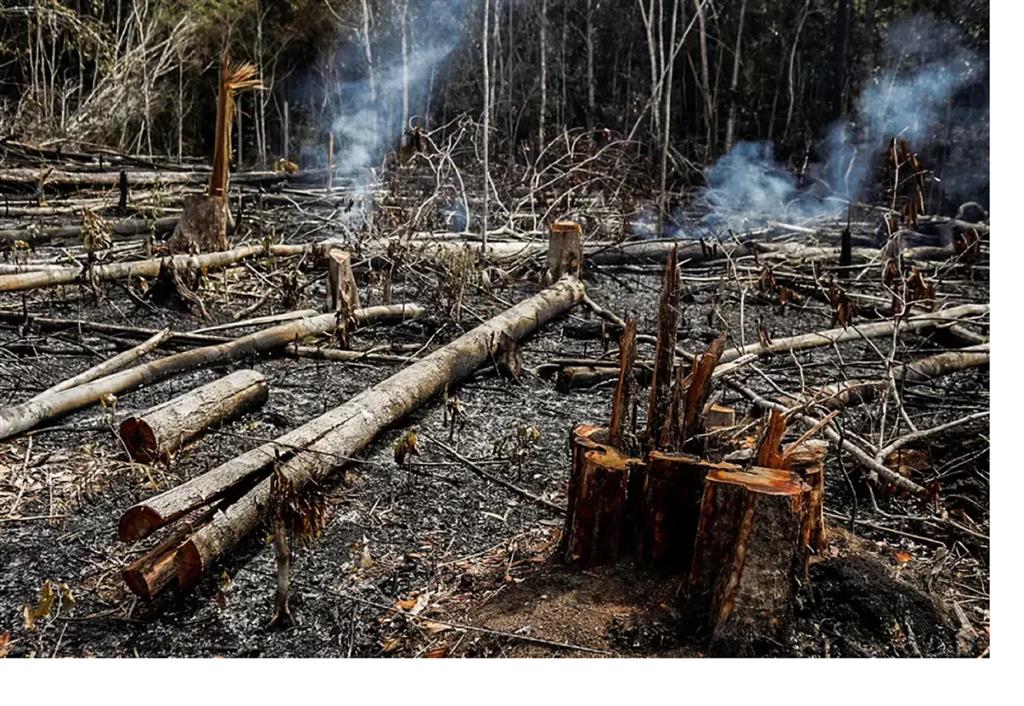According to the research, the tropics lost 3.7 million hectares of primary forest, a worrying amount, but it meant a nine percent less loss of tropical tree cover than experienced in 2022, partly as a result of the achievements of those two countries that are home to the Amazon rainforest.
This is the green ocean with which humanity hopes to absorb pollution to save itself from environmental collapse, and which now emits more carbon than it retains.
However, the analysis concludes that the course is still not the right one to stop and reverse the detriment of forests, taking into account the agreement set by 145 governments during the COP26 in 2021, which sets 2030 as the deadline.
Unlike Brazil and Colombia, other countries increased their level of deforestation, which counteracts the progress made in several regions.
The world took two steps forward and two steps back in terms of forest loss last year, Global Forest Watch director for the IRM, Mikaela Weisse, said.
Although much depends on humans, climate change is also responsible, since in hot, dry conditions forest fires spread more easily, the specialist said.
However, time is moving forward and the need to reverse deforestation is more urgent than ever, Weisse emphasized.
jrr/arm/mem/cr









